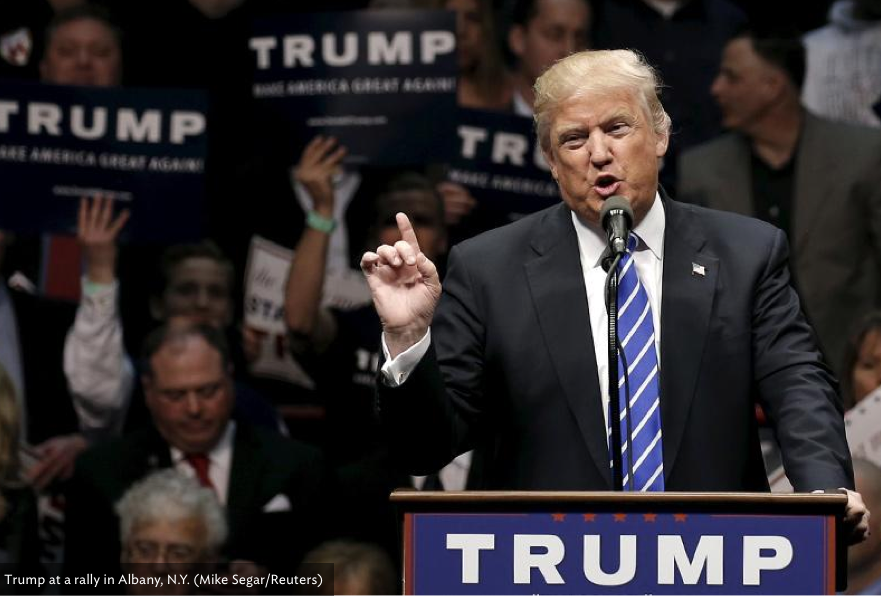What lies behind Donald Trump’s nomination victory? Received wisdom among conservatives is that he, the outsider, sensed, marshaled, and came to represent a massive revolt of the Republican rank and file against the “establishment.”
This is the narrative: GOP political leaders made promises of all kinds and received in return, during President Obama’s years, major electoral victories that gave them the House, the Senate, twelve new governorships, and 30 state houses. Yet they didn’t deliver. Exit polls consistently showed that a majority of GOP primary voters (60 percent in some states) feel “betrayed” by their leaders.
Not just let down or disappointed. Betrayed. By RINOs who, corrupted by donors and lobbyists, sold out. Did they repeal Obamacare? No. Did they defund Planned Parenthood? No. Did they stop President Obama’s tax-and-spend hyperliberalism? No. Whether from incompetence or venality, they let Obama walk all over them.
But then comes the paradox. If insufficient resistance to Obama’s liberalism created this sense of betrayal, why in a field of 17 did Republican voters choose the least conservative candidate? A man who until yesterday was himself a liberal. Who donated money to those very same Democrats to whom the GOP establishment is said to have caved, including Chuck Schumer, Harry Reid, and Hillary Clinton.
Trump has expressed sympathy for a single-payer system of socialized medicine, far to the left of Obamacare. Trump lists health care as one of the federal government’s three main responsibilities (after national security); Republicans adamantly oppose federal intervention in health care. He also lists education, which Republicans believe should instead be left to the states.
As for Planned Parenthood, the very same conservatives who railed against the Republican establishment for failing to defund it now rally around a candidate who sings the praises of its good works (save for the provision of abortion).
More fundamentally, Trump has no affinity whatsoever for the central thrust of modern conservatism — a return to less and smaller government. If the establishment has insufficiently resisted Obama’s Big Government policies, the beneficiary should logically have been the most consistent, indeed most radical, anti-government conservative of the bunch, Ted Cruz.
Cruz’s entire career has consisted of promoting tea-party constitutionalism in revolt against party leaders who had joined “the Washington cartel.” Yet when Cruz got to his one-on-one with Trump at the Indiana OK Corral, Republicans chose Trump and his nonconservative, idiosyncratic populism.
Source: Charles Krauthammer, nationalreview.com
 Listen Online
Listen Online Watch Online
Watch Online Find a Station in Your Area
Find a Station in Your Area







 Listen Now
Listen Now Watch Online
Watch Online
